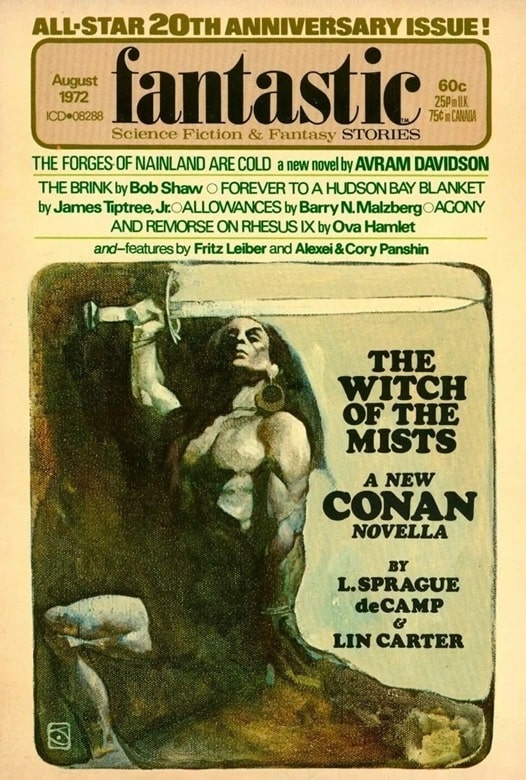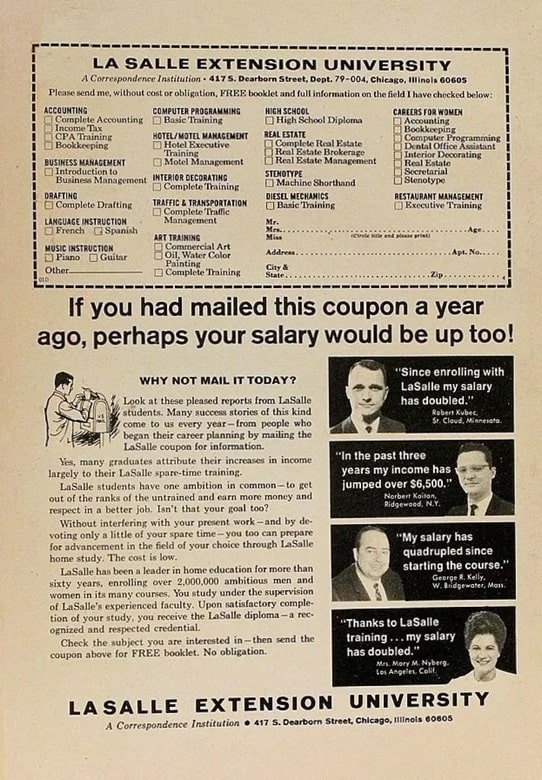Of “Dick Merryman” and “a Bad Stink”

One of the earliest Christmas ghost stories concludes with dismemberment and a fart joke.
Those familiar with the tradition of telling horror stories at Yuletide rather than Halloween may associate it with the late 19th and early 20th century, as those decades are considered the golden age of the traditional English ghost story, which despite its cozy label, includes tales as gruesome as anything by Lovecraft.
But it is referenced in Britain as early as 1623, with Shakespeare’s The Winter’s Tale, in which Act 2 opens with Mamillius, the young son of Queen Hermione of Sicily, starting to tell his mother and her ladies-in-waiting a Yuletide story of “sprites and goblins” and “a man who dwelt by a churchyard.” Before he can get past that sentence, soldiers burst in accusing his mother of infidelity, and the boy, who seems to be around six or seven, is dragged offstage, to die there of shock and heartbreak. Shakespeare being Shakespeare, his play then becomes a romantic comedy.

